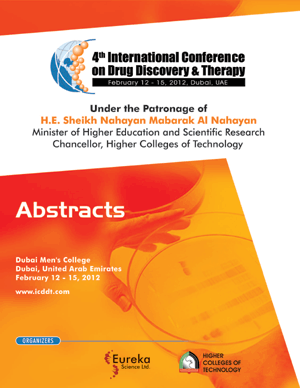Abstract
Computer-Aided Drug Design (CADD) has become an integral part of drug
discovery and development efforts in the pharmaceutical and biotechnology industry.
Since the 1980s, structure-based design technology has evolved, and today, these
techniques are being widely employed and credited for the discovery and design of
most of the recent drug products in the market. Pharmacophore-based drug design
provides fundamental approach strategies for both structure-based and ligand-based
pharmacophore approaches. The different programs and methodologies enable the
implementation of more accurate and sophisticated pharmacophore model generation
and application in drug discovery. Commonly used programmes are GALAHAD,
GASP, PHASE, HYPOGEN, ligand scout etc. In modern computational chemistry,
pharmacophores are used to define the essential features of one or more molecules with
the same biological activity. A database of diverse chemical compounds can then be
searched for more molecules which share the same features located at a similar distance
apart from each other. Pharmacophore requires knowledge of either active ligands
and/or the active site of the target receptor. There are a number of ways to build a
pharmacophore. It can be done by common feature analysis to find the chemical
features shared by a set of active compounds that seem commonly important for
receptor interaction. Alternately, diverse chemical structures for certain numbers of
training set molecules, along with the corresponding IC50 or Ki values, can be used to
correlate the three-dimensional arrangement of their chemical features with the
biological activities of training set molecules. There are many advantages in
pharmacophore based virtual screening as well as pharmacophore based QSAR, which
exemplify the detailed application workflow. Pharmacophore based drug design
process includes pharmacophore modelling and validation, pharmacophore based
virtual screening, virtual hits profiling, and lead identification. The current chapter on
pharmacophores also describes case studies and applications of pharmacophore
mapping in finding new drug molecules of specific targets.









